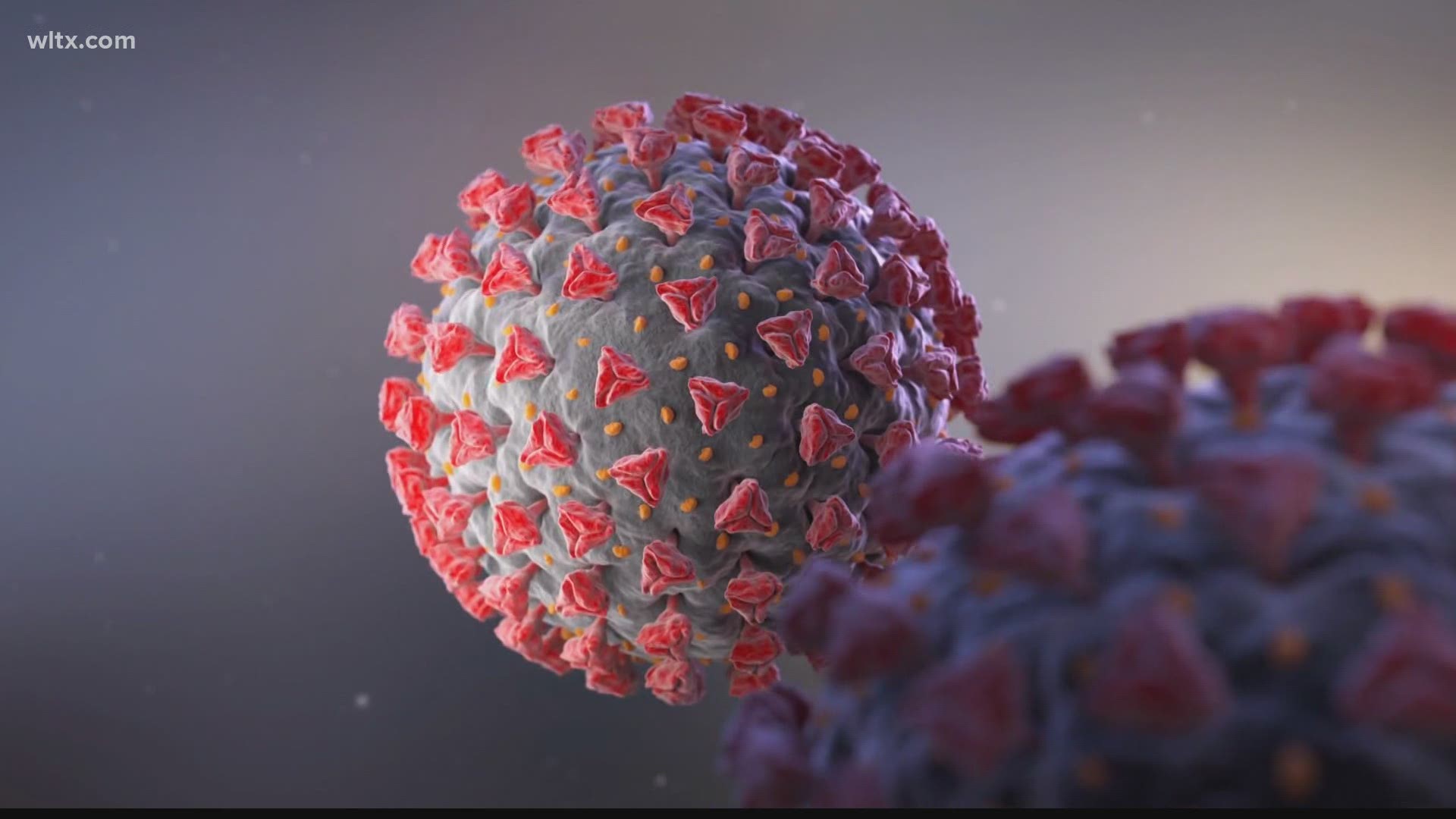COLUMBIA, S.C. — While most people with COVID-19 recover and return to normal health, some can have symptoms that last for weeks or even months after recovery.
According to Dr. Jane Kelly, Assistant State Epidemiologist with the S.C. Department of Environmental Control (DHEC), studies are underway to learn more about the long-term effects of the virus – a condition they call “long COVID.”
“One of the startling things about long COVID is that it can happen in young, healthy people who only have mild to moderate disease,” Dr. Kelly said. “It’s not just a follow-up to people who have had severe disease.”
According to the Centers for Disease Control and Prevention (CDC), some of the most common symptoms are:
- Fatigue
- Shortness of breath
- Cough
- Joint pain
- Chest pain
Other reported long-term symptoms include:
- Difficulty with thinking and concentration (sometimes referred to as “brain fog”)
- Depression
- Muscle pain
- Headache
- Intermittent fever
- Fast-beating or pounding heart (also known as heart palpitations)
“… loss of taste or smell, and there’s some other symptoms that are greatly concerning like persistent shortness of breath, difficulty concentrating, what some people call “brain fog,” Dr. Kelly said.
While individuals who test positive are recorded in DHEC's disease surveillance database, the agency recommends those who’ve had the virus share the result with their health care provider to have it be a part of their medical history.
“We don’t have a specific diagnostic test other than the evidence that the person had prior COVID infection,” Dr. Kelly said. “So, it’s difficult to confirm that symptoms that are being experienced are indeed long COVID and I think it’s Important for clinicians caring for patients to also make certain there aren’t other conditions going on that are contributing to symptoms.”
The CDC, scientists and doctors around the world continue to learn more about the short and long-term effects of COVID-19.
Until more answers are available, “how long might these symptoms last? We don’t know yet. Only time will tell,” Dr. Kelly said.

